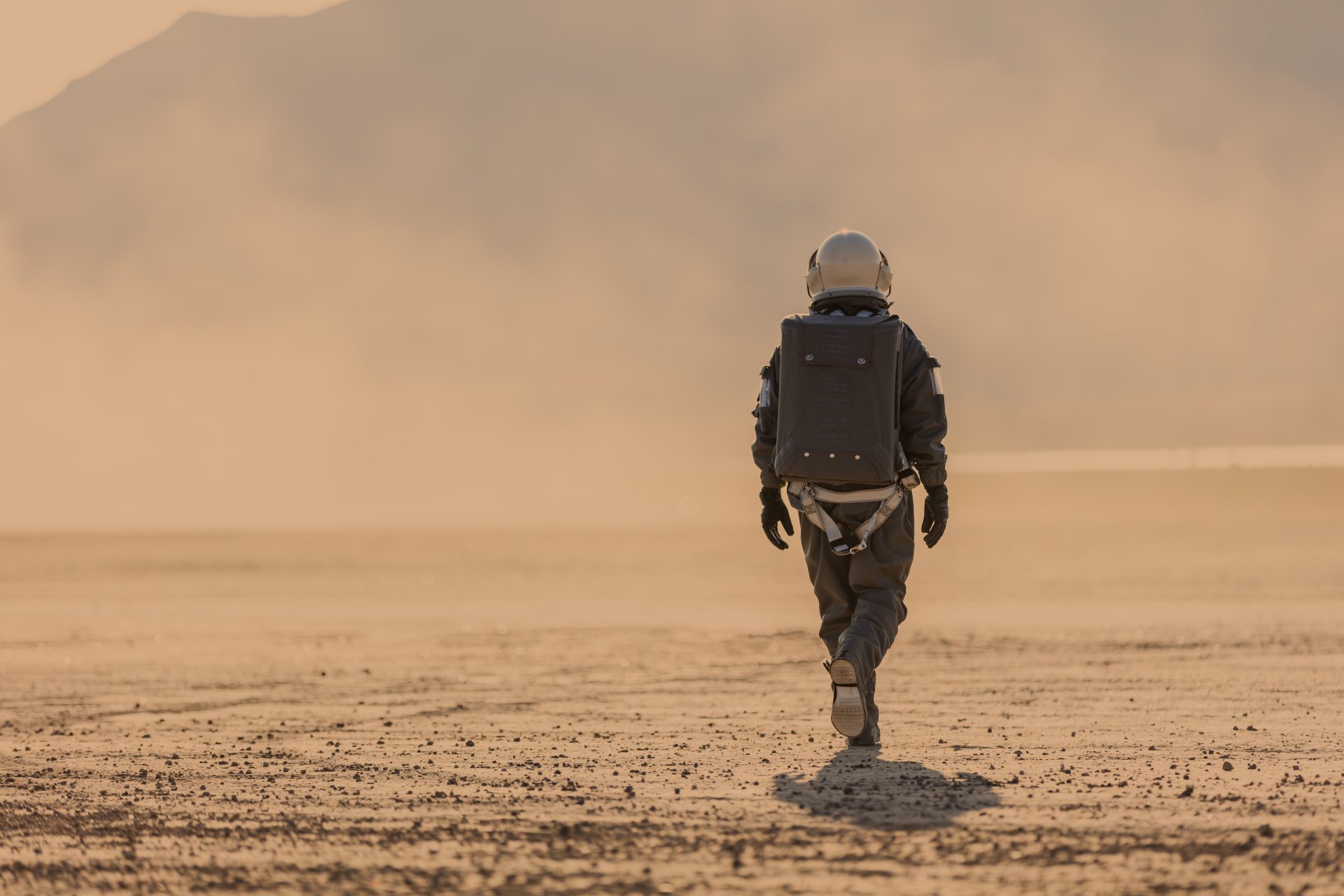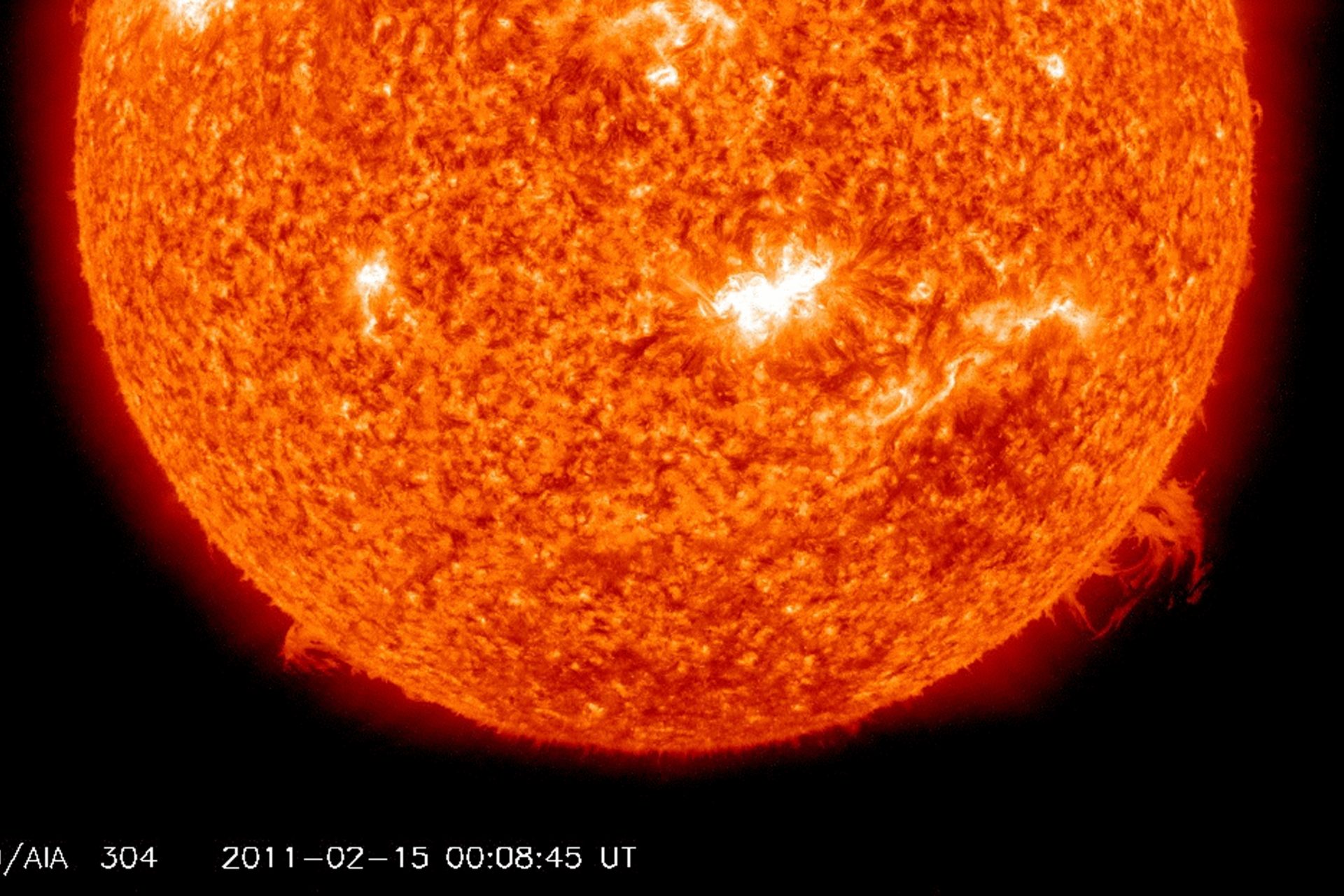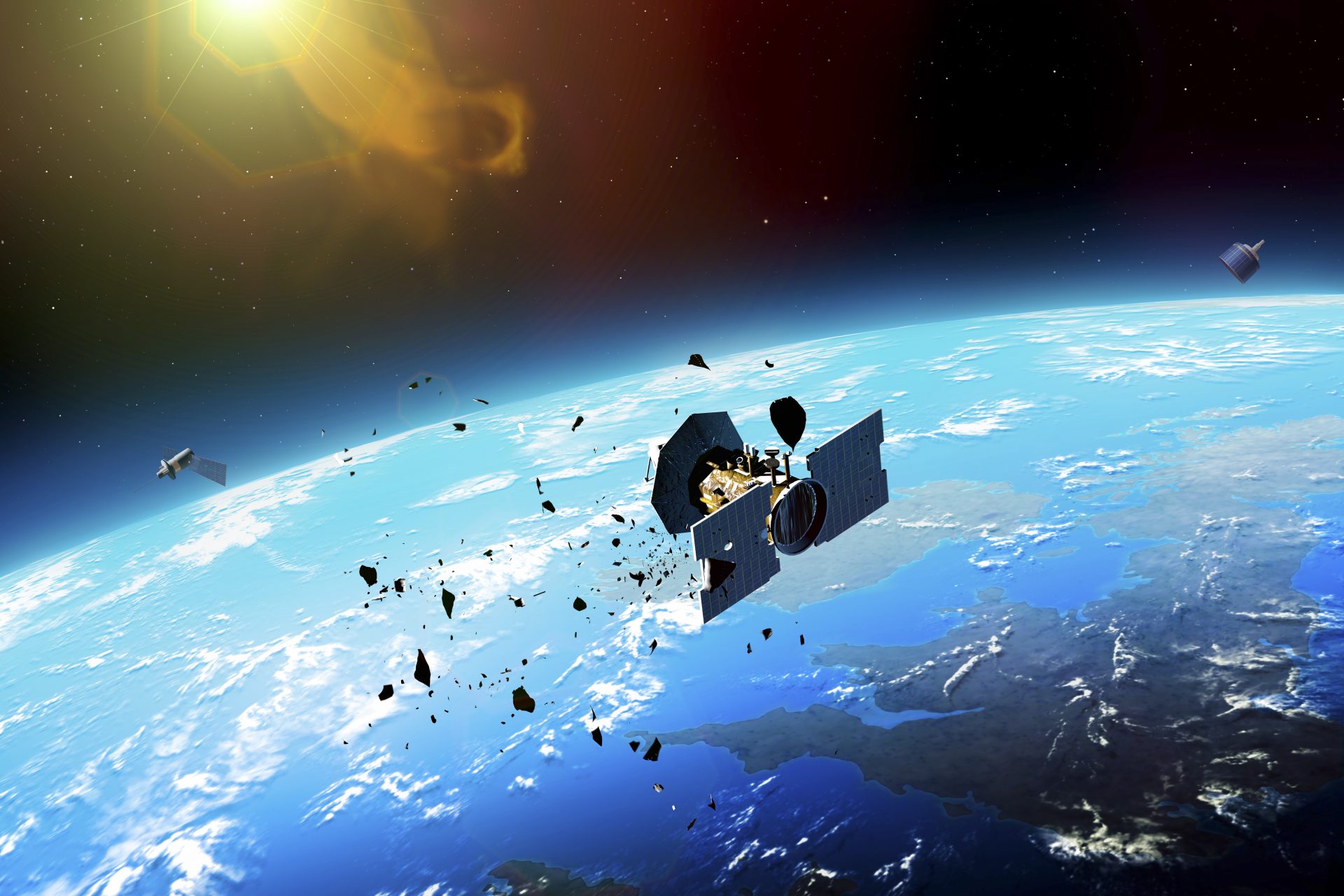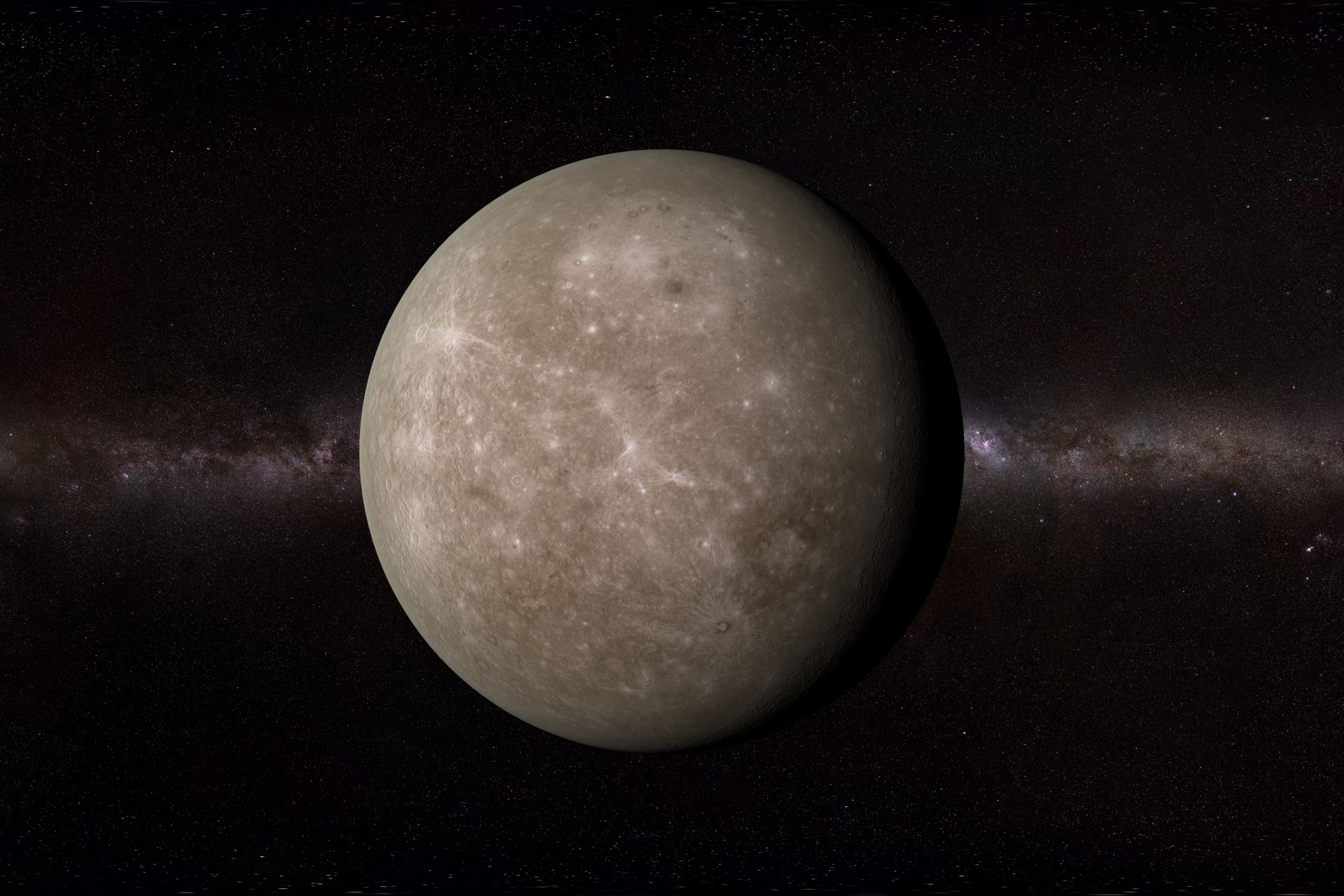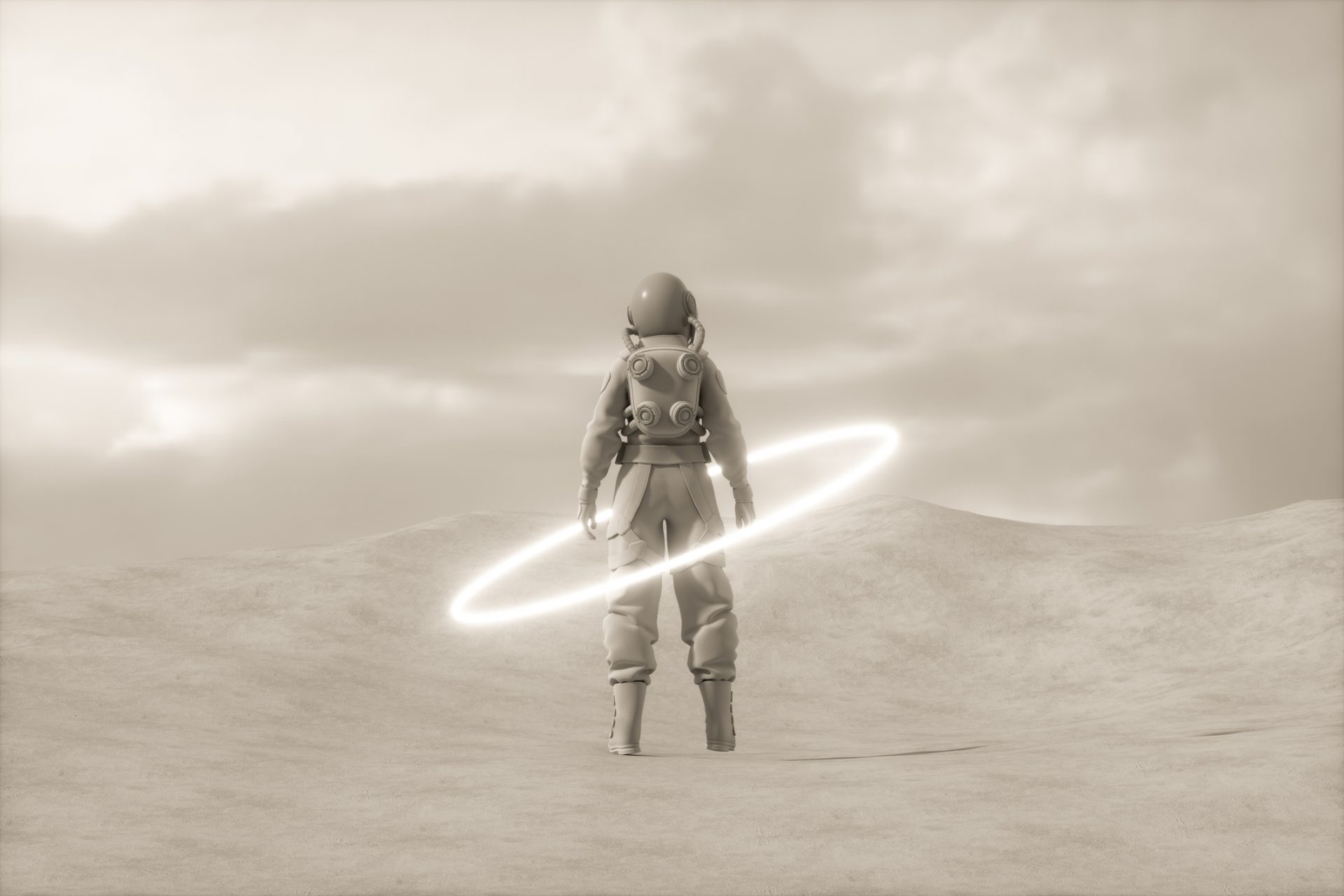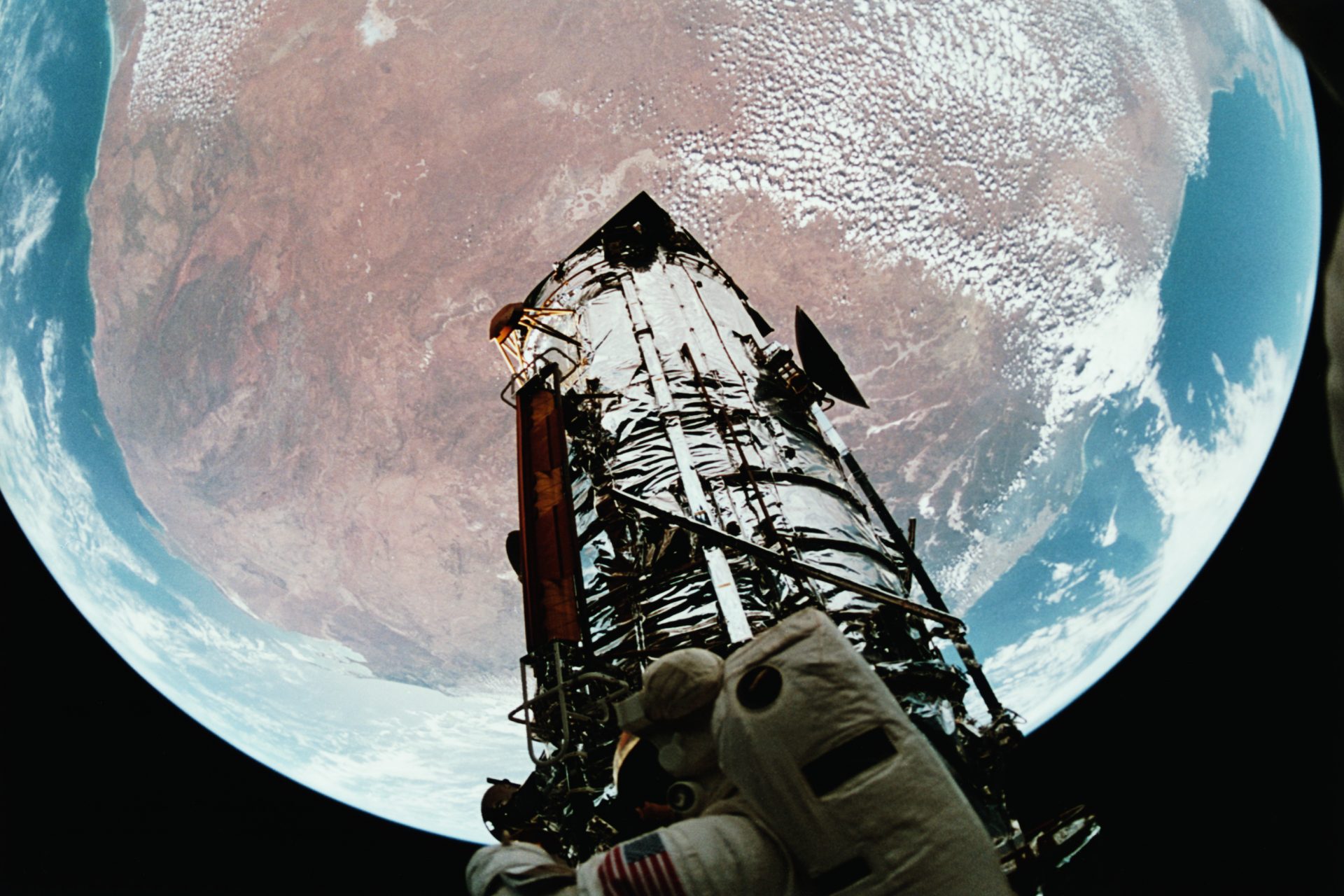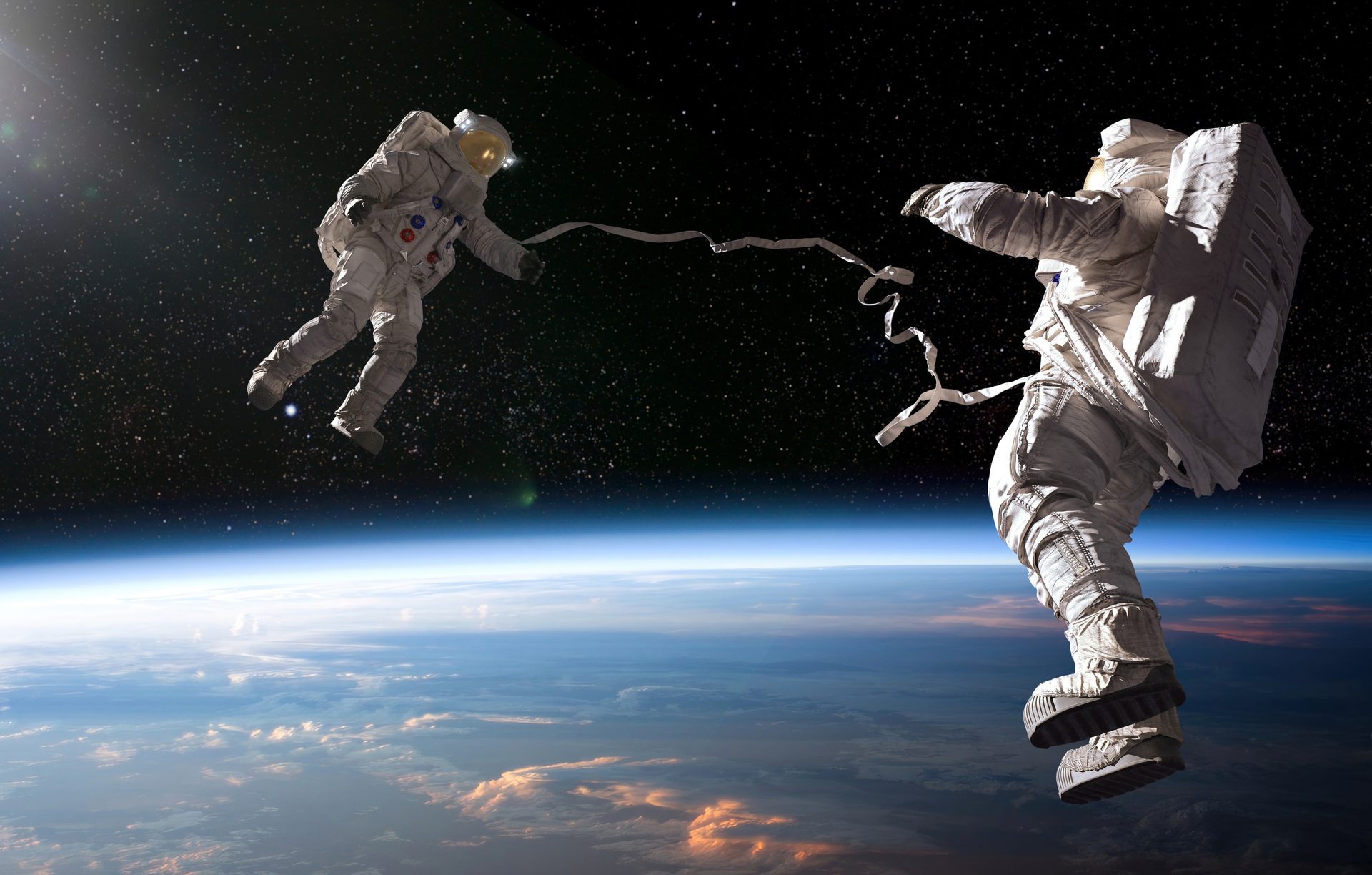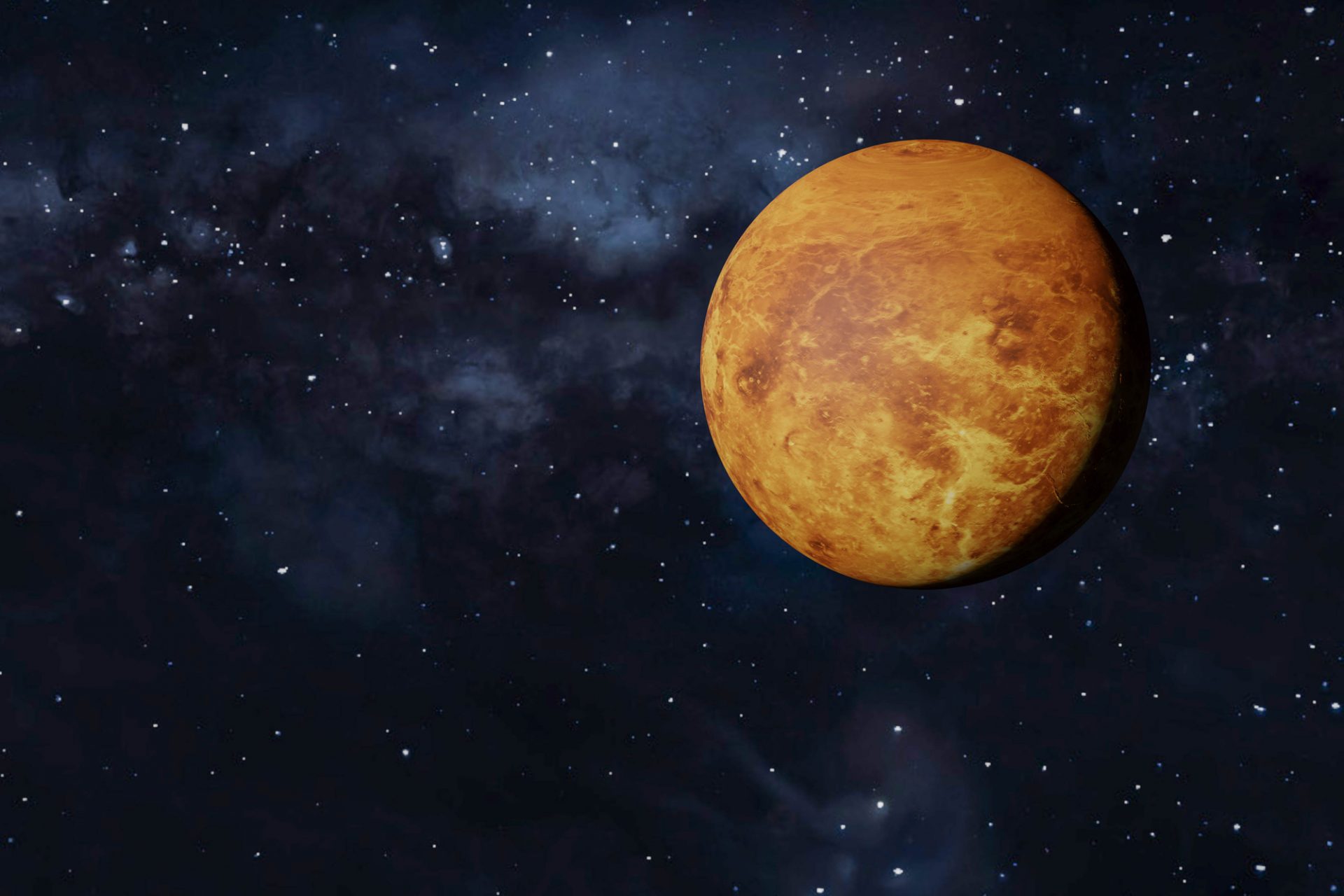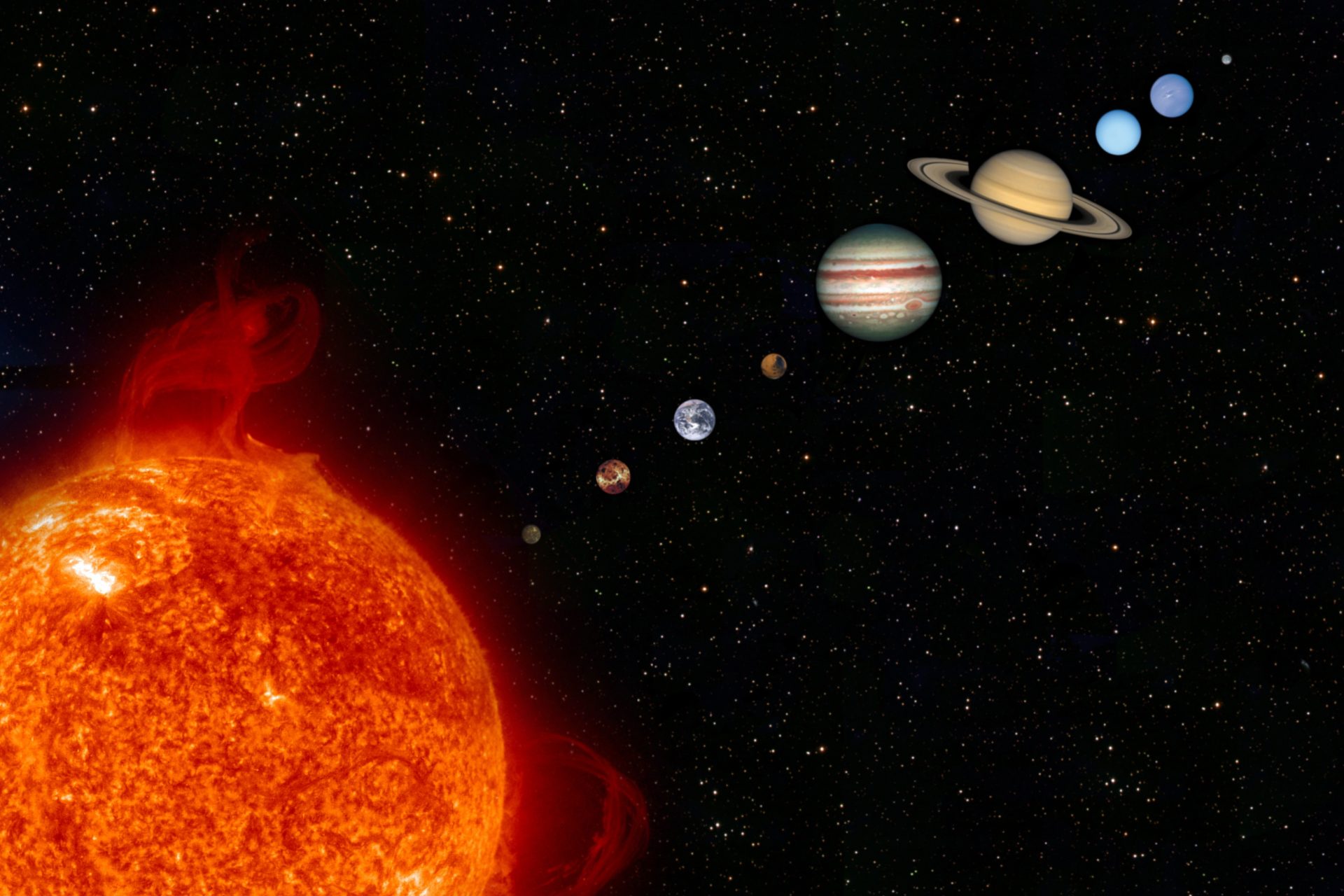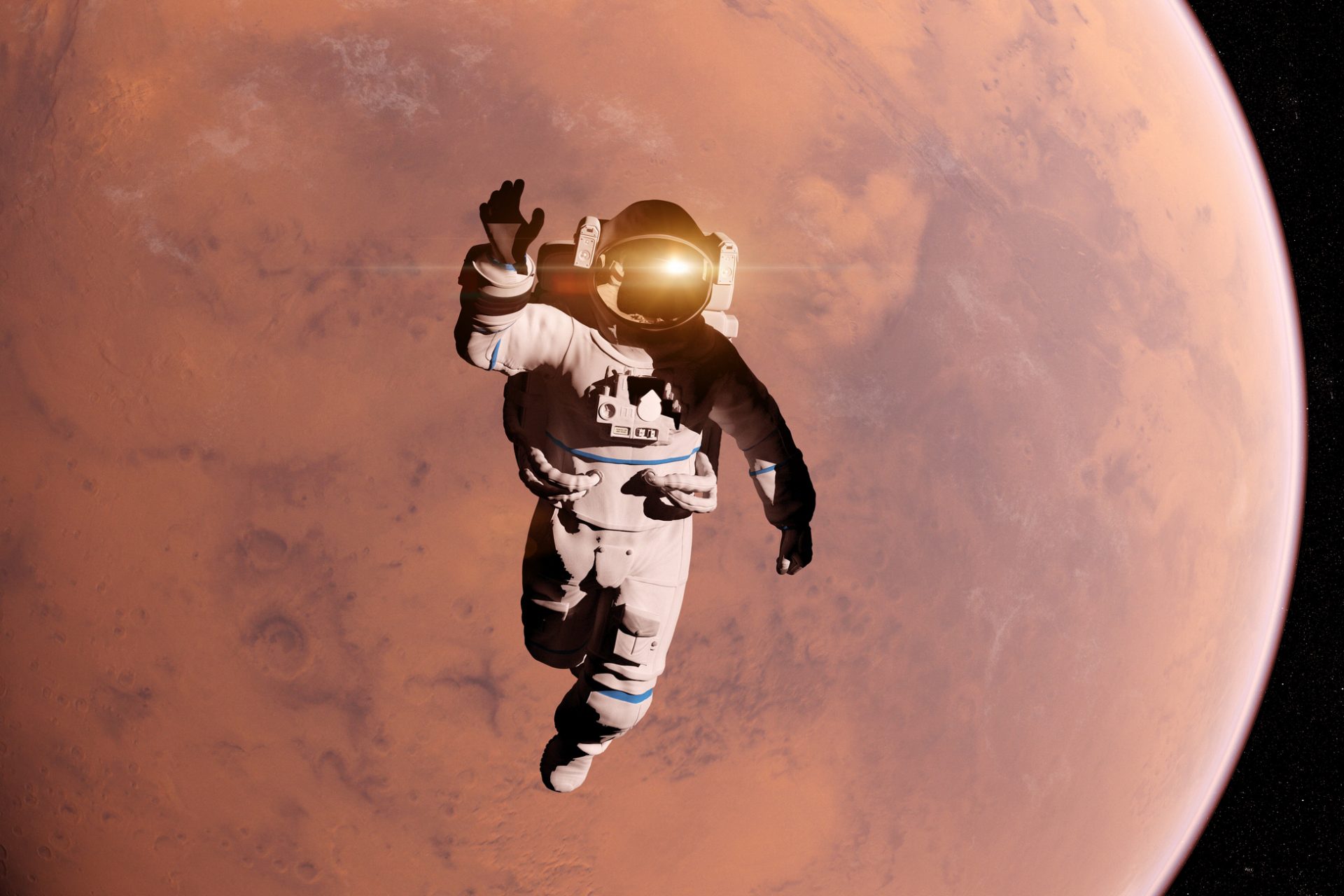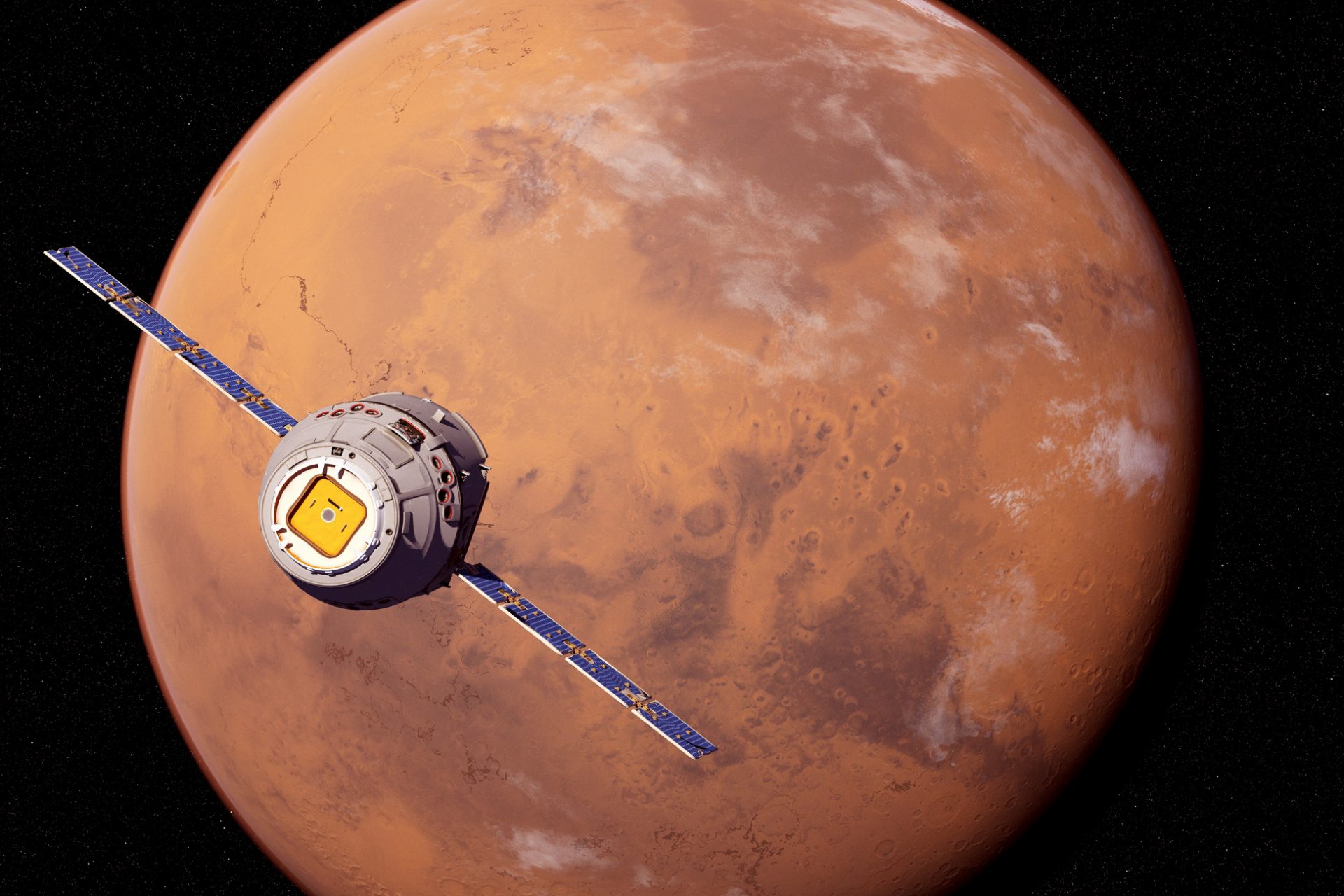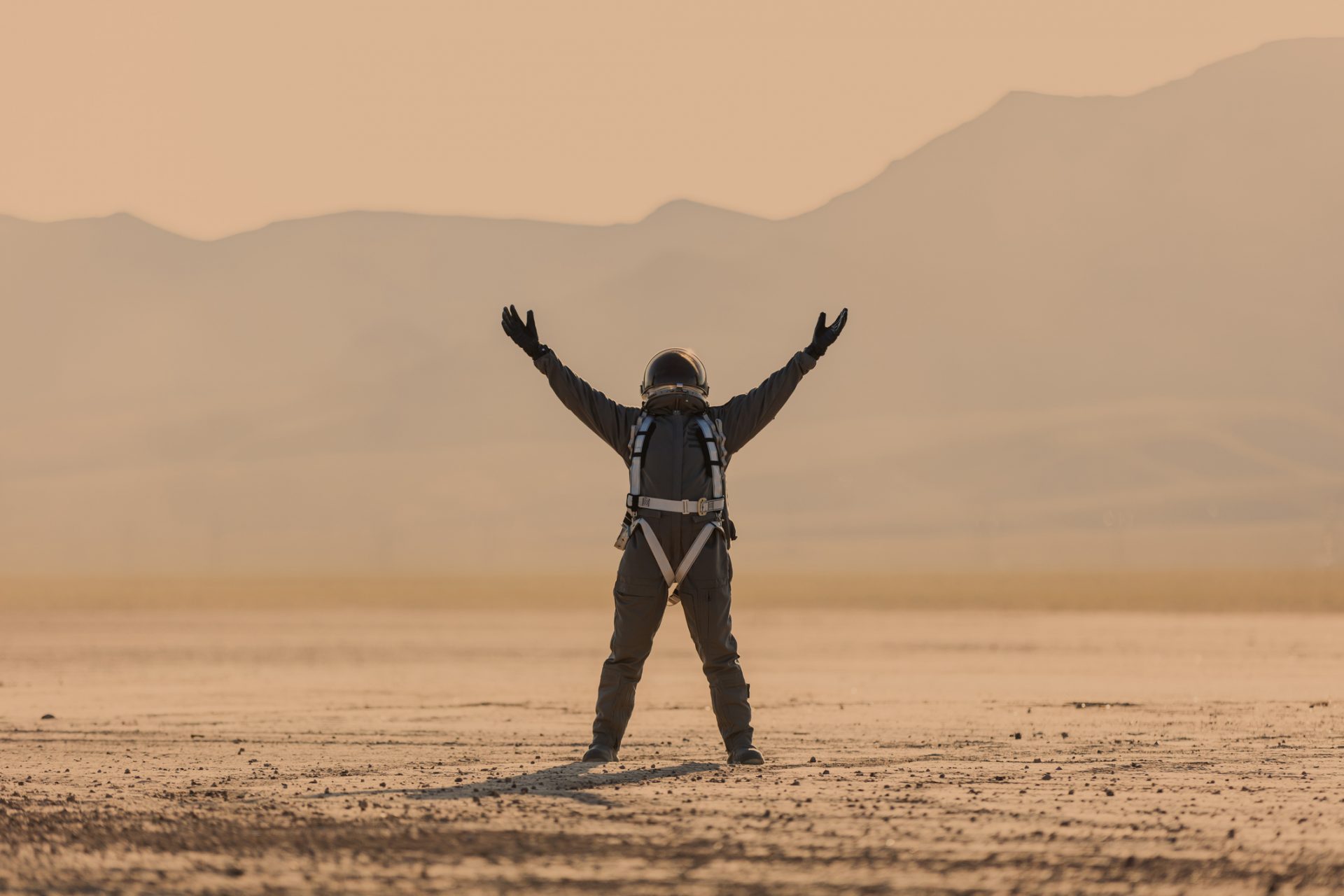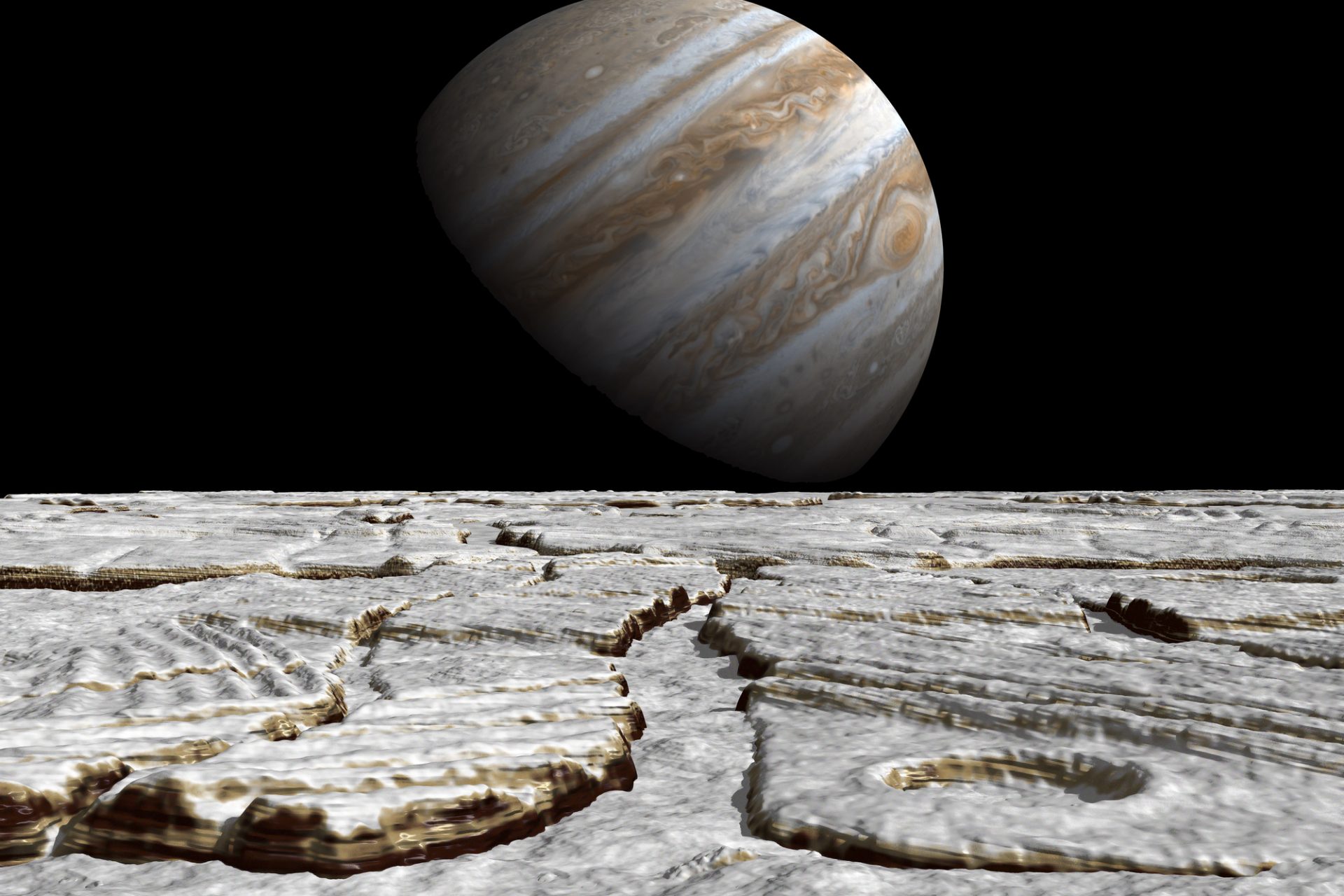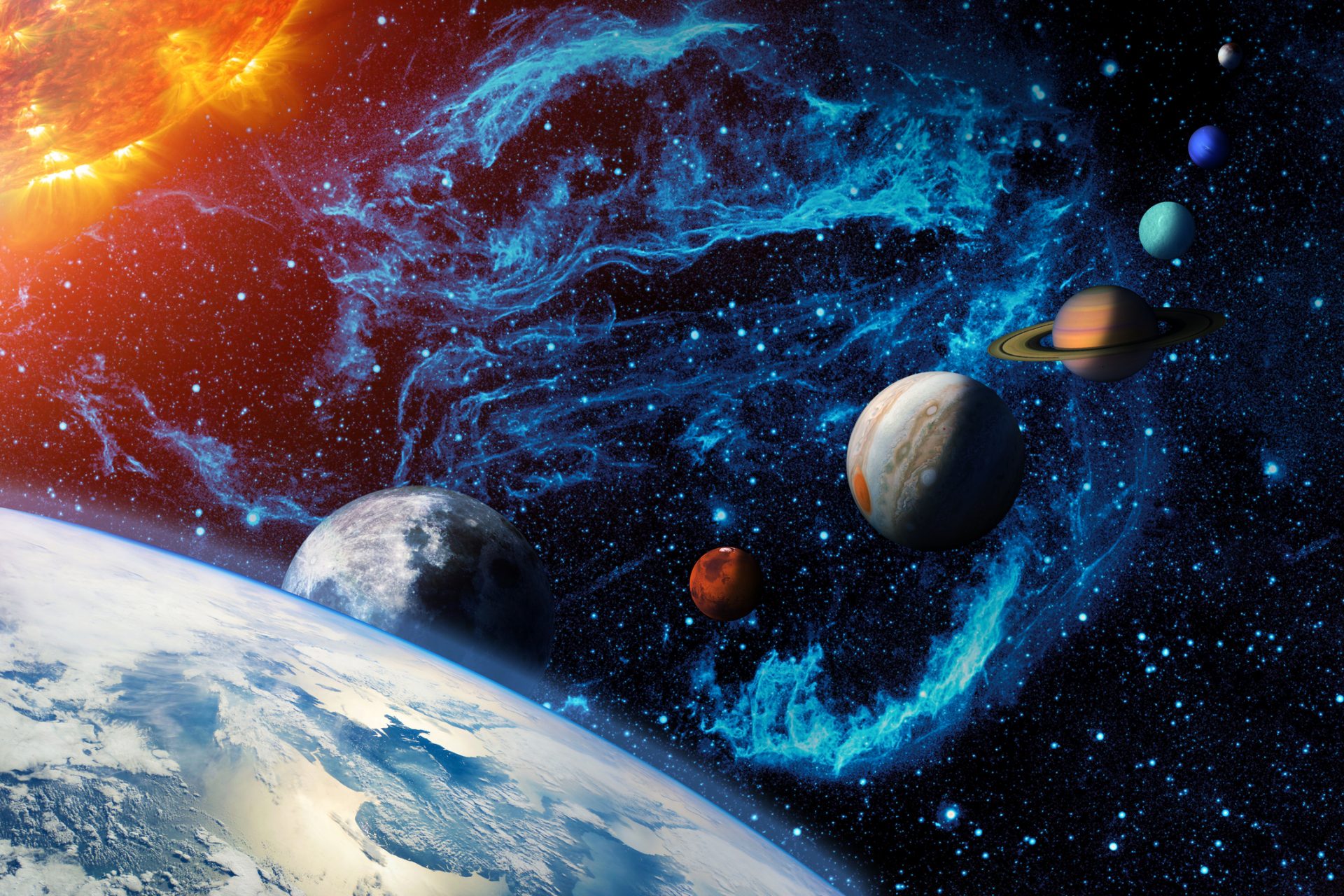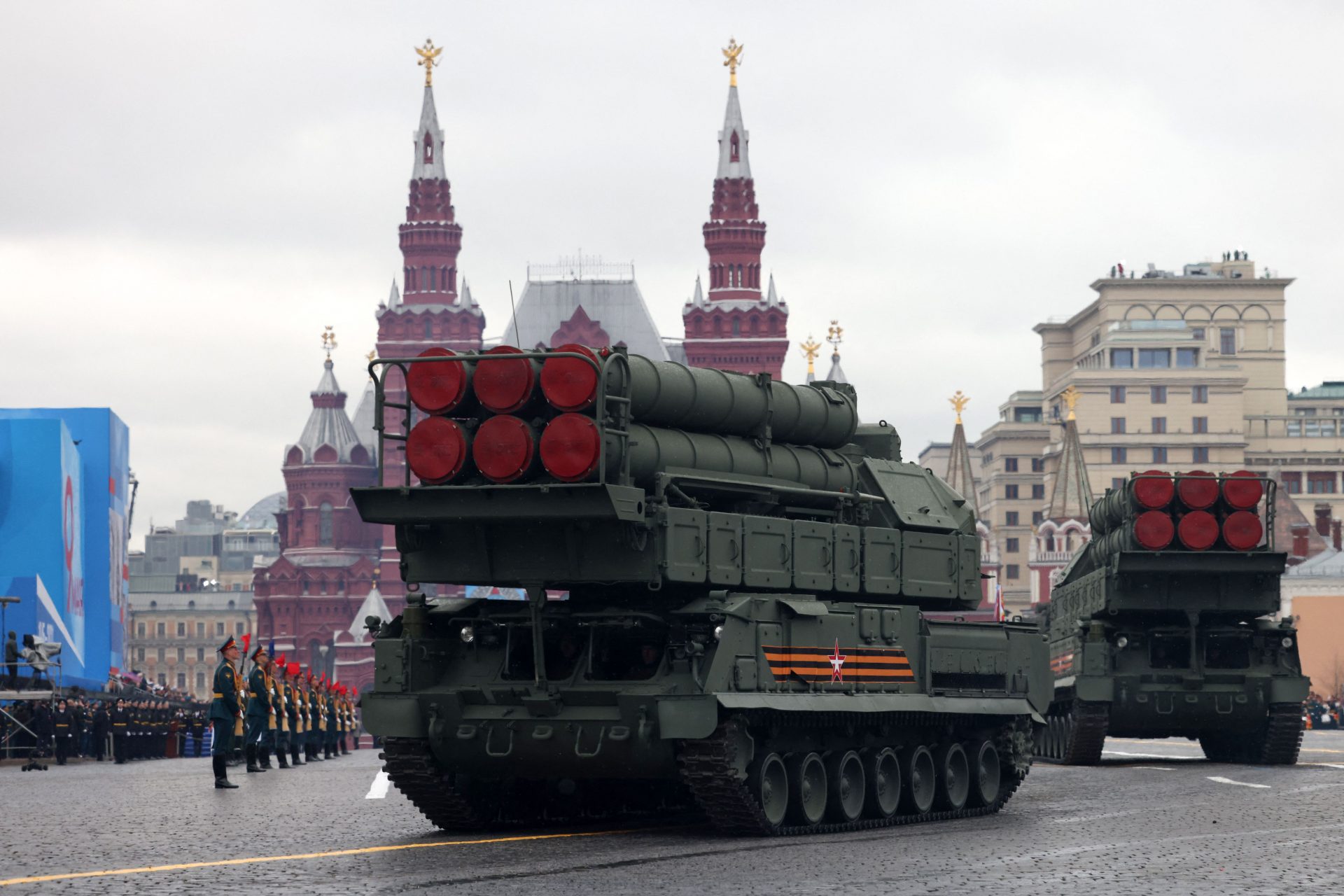How humans would die on each planet in the solar system
Space is a scary place. Humans would last a mere ten to fifteen seconds in the vacuum of outer space without a spacesuit, and total brain death would happen in three minutes according to BBC Science Focus Magazine. But what if you were one of the eight planets in our solar system?
Humans would fare just as well on the planets of our solar system. Each would kill you in rather unique ways depending on which planet you were caught on. Even a spacesuit wouldn’t help you in most cases, but we won’t be adding that into the mix.
When it comes to the Sun. You would die instantly. At least that’s what famed writer and astrophysicist Neil deGrasse Tyson told Business Insider in 2019. "You would vaporize," Tyson explained according to Discovery.
If the Sun would vaporize you, the closest planet might be a bad place to be too, right? Well, it turns out that on Mercury you would either die from too much heat or too little heat according to Jennifer Glass, an associate professor at the School of Earth and Atmospheric Sciences & Biological Sciences at the Georgia Institute of Technology.
Because Mercury is so close to the Sun, the side facing the Sun can hit temperatures of 800 °Ferenheit (426° Celcius). On the side that faces away from the Sun, temperatures can reach as low as -290 °Ferenheit (-178 °Celcius).
"If you died on the hot side, you would be burned to death in seconds,” Glass explained to Newsweek in 2022. She added that the hot side would vaporize all the water in your body while the cold side would provide a death similar to that of the vacuum of outer space.
"Humans require oxygen to breathe," Glass said. "Earth's atmosphere today contains 20% oxygen. Without oxygen in the gas we breathe, humans die of asphyxia—lack of oxygen—in about seven minutes."
What Glass describes is the fate that awaits anyone on many of the planets in our solar system. You would either be vaporized by the heat of a planet or die a relatively slow and cold death from asphyxiation. However, each planet has its own terrifying surprises.
Venus has temperatures that can soar upwards of 867 °Fahrenheit (452° Celsius). But it also has an atmosphere made of sulphuric acid. So you would struggle to breathe or die from extreme heat pretty quickly.
“It would be a fast death, but it would be a horrible one,” Glass wrote about Venus, which is unlike Earth, where you could live up to the average human age before dying of natural causes. You wouldn’t get so lucky on Mars.
Elon Musk may want to travel to Mars but it isn’t very suitable for human life. Yes, the planet is similar in size to the Earth but it lacks an atmosphere and is very cold. You could only survive on the planet for as long as you could hold your breath.
"Mars is very cold, but the air is very thin," Tyson told Business Insider, "so the intensity of the cold won't be as biting as it might otherwise feel at that temperature on Earth,"
"With some very, very warm clothing, you could probably walk around on Mars until you couldn't hold your breath any longer," Tyson added.
According to Glass, if you find yourself on Jupiter you will suffer from an instantaneous death too quick to even realize it happening. There is no solid ground on Jupiter and a person would just fall through its clouds until crushed by its pressure.
You would experience a similar type of quick death on Saturn, Neptune, and Uranus as well according to Glass, though she noted that if one made it out of the clouds of gas in their atmospheres it might be possible to be killed by something else quickly.
"There is no solid ground on the gas giants so you would simply fall through them until you were crushed under their intense pressure," Glass explained before adding most humans would die before reaching any gas giant’s core.
“Their atmospheres are composed of hydrogen with some helium, methane, and water, but minimal carbon dioxide, so at least as you froze and were crushed to death, you would lose consciousness more gently, without the panic of hypercapnia due to high carbon dioxide as on Venus and Mars,” Glass added.
More for you
Top Stories



